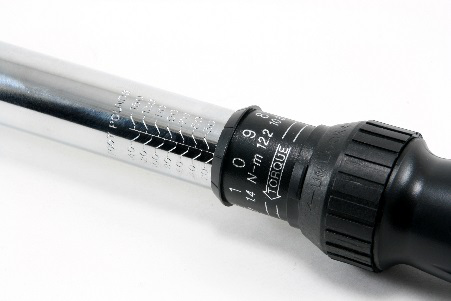October 25 2015
By: Terry L. Mathis
Leadership is largely about control, but we are rethinking what truly constitutes control. Some leaders think control is keeping a tight hand on everything that happens: directing activities and actively steering performance. Such leaders tend to view the loss of control as a weakness that endangers their authority. They know conformity creates uniformity and more uniform organizations are easier to control.

Others leaders think they need to give workers more autonomy to do the job their own way and that autonomy creates more engagement and motivation. This thinking is more prevalent in organizations that require creativity and original thinking from their workers, but is becoming more common in traditional worksites as well.
Both views have merit, but the extreme of either view is potentially dangerous. Too much control can actually stifle motivation and discretional effort, but too much autonomy can cause the loss of direction and productive purpose. Great leaders have a torque wrench mentality to know exactly how tight or loose control needs to be for best performance. Developing this sense comes from experience and deeply paying attention to how levels of control impact people's ability to produce.

Terry Mathis, Founder and retired CEO of ProAct Safety, has served as a consultant and advisor for top organizations the world over. A respected strategist and thought leader, Terry has authored five books, numerous articles, videos and blogs, and is known for his dynamic and engaging presentations. EHS Today has named him one of the '50 People Who Most Influenced EHS' four consecutive times. Business leaders and safety professionals seek Terry's practical insight and unique ability to introduce new perspectives that lead to real change.
For more information, call +1.936.273.8700 or email info@ProActSafety.com.
